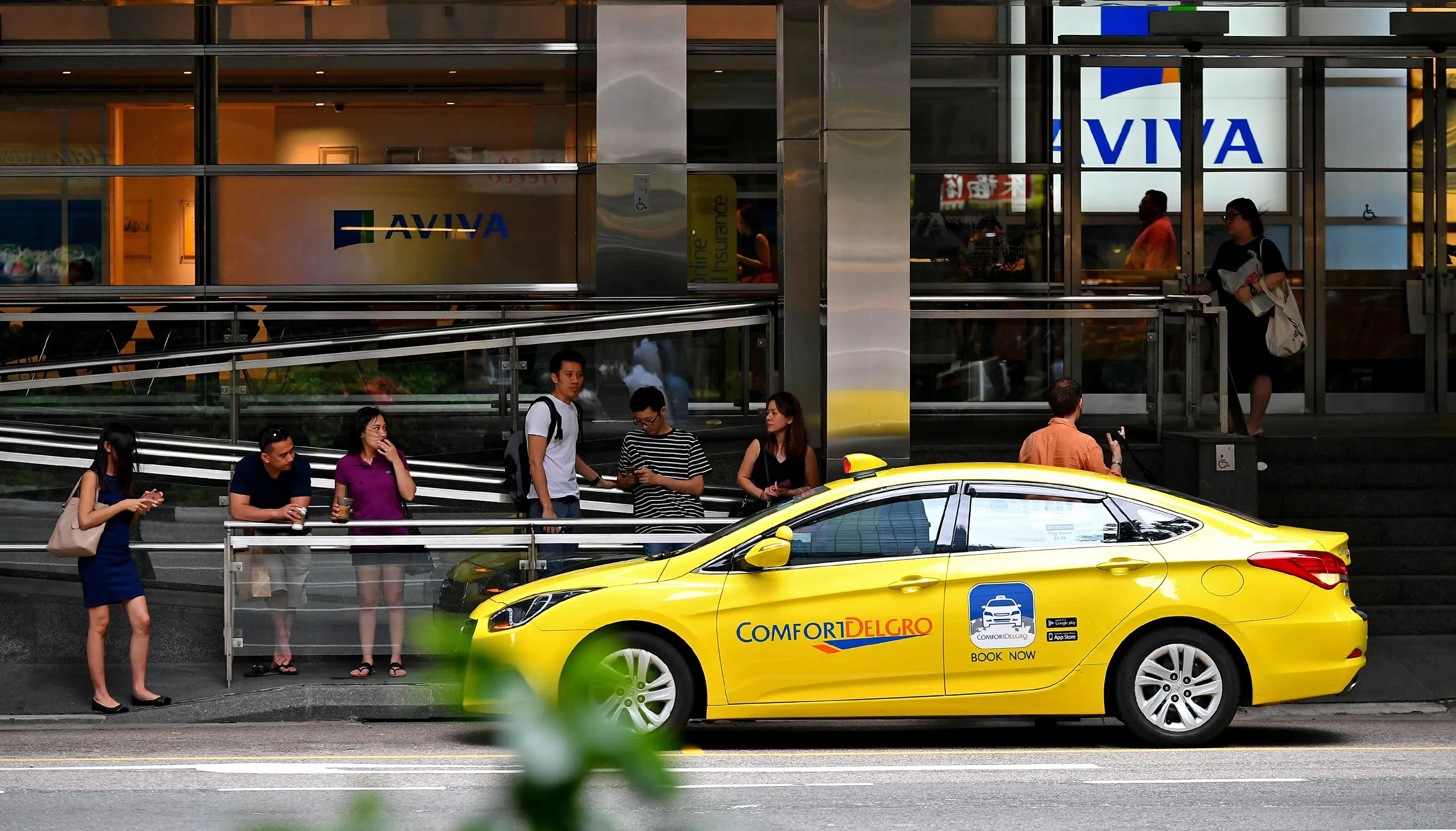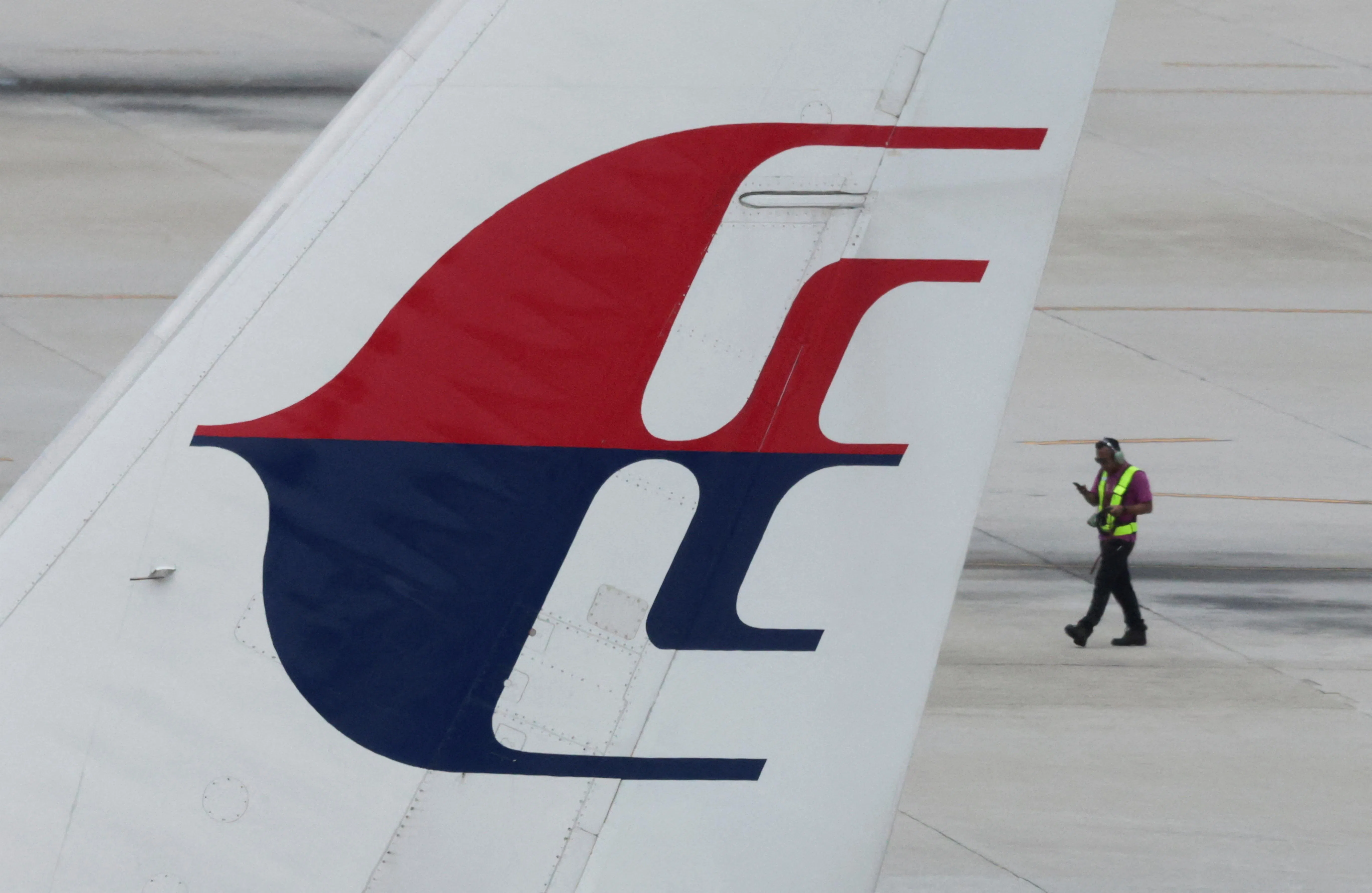THE licensed operators of point-to-point (P2P) transport services were announced by the Land Transport Authority (LTA) on Monday (Dec 23), ahead of rule updates to the sector that begin in 2025.
More details on the updates were also revealed, which include less stringent requirements in obtaining a taxi driver’s vocational licence and a move to help drivers compare trips across various platforms.
The updates are the first phase of LTA’s ongoing P2P sector review that aims to stabilise taxi supply, improve the reliability of services and reduce disruptions, and to make sure that the services cater to a wider range of users.
The P2P transport sector includes ride-hailing, taxi and car-pool services. Major P2P service operators in Singapore need a licence to operate and are required to meet criteria such as LTA’s quality-of-service and safety standards.
No shake-ups
Licences issued under the revised framework are effective from Jan 1, 2025.
Street-hail service operator licences will be issued to: CityCab and Comfort Transportation (subsidiaries of ComfortDelGro), Prime Car Rental & Taxi Services, Strides Premier Taxi, and Trans-cab Services.
BT in your inbox
Start and end each day with the latest news stories and analyses delivered straight to your inbox.
Ride-hail service operator licences (RSOL) will be issued to: GrabCar, Ryde Technologies, Tada Mobility, Velox Digital Singapore (Gojek) and CDG Zig.
Car-pool service operator licences will be issued to: Grab Car and Ryde Technologies.
LTA said that all existing licencees will have their respective licences renewed, and two ride-hailing operators – Geolah and Trans-cab Services – will be awarded one-year provisional licences.
The provisional licences will allow operators to fine-tune their operational capabilities to meet regulatory standards for safety and service provision before they are considered for a full RSOL, said the regulator. Both firms have offered ride-hailing services previously.
One update to P2P operator rules is more transparency on trip information for drivers. Operators will need to provide a standardised data set to drivers so they can compare it across platforms and facilitate the use of multiple service platforms.
From Feb 24, 2025, the time and money needed to obtain a taxi driver’s vocational licence will also be reduced.
A “streamlined curriculum more relevant to the demands of driving a taxi today” means the total training needed drops to 12 hours from 16 hours. Likewise, the training needed for a private-hire car driver’s vocational licence is reduced to five hours from eight.
The cost of a taxi driver’s vocational licence will be reduced to S$250 from S$275, and the cost to convert a private-hire car driver’s licence to a taxi driver’s vocational licence will drop to S$132.50 from S$145. All prices exclude goods and services tax.
This follows an announcement earlier in December which included new standards for operators that would begin in January 2025, such as managing service disruptions, removal of the call-booking requirement for smaller taxi operators, an extended statutory lifespan and reduced inspections for taxis.
The second phase of the P2P sector review will tackle issues such as whether operators with a larger market share should be subject to higher regulatory standards, and the possibility of a separate Certificate of Entitlement category for private-hire cars. LTA will provide an update on the second phase in March 2025.





![Chilling Video Captures Moment Guatemalan Migrant Watching Woman Burn to Death in F Train Car after Setting Her on Fire in Brooklyn [GRAPHIC] Chilling Video Captures Moment Guatemalan Migrant Watching Woman Burn to Death in F Train Car after Setting Her on Fire in Brooklyn [GRAPHIC]](https://data.ibtimes.sg/en/full/78865/passenger-burning.jpg)
